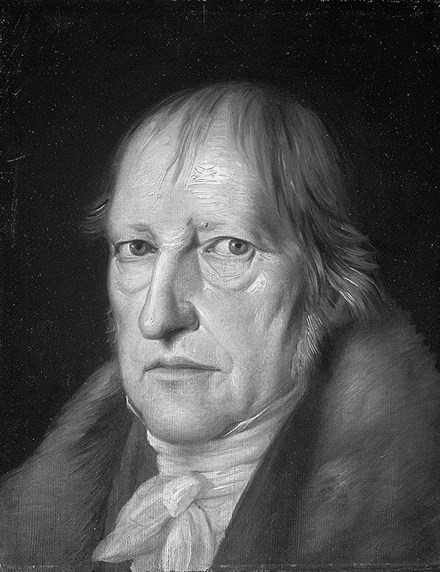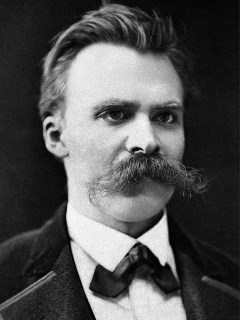
Publication details
Publisher: Palgrave Macmillan
Place: Basingstoke
Year: 1997
Pages: 64-69
ISBN (Hardback): 9780333677421
Full citation:
, "William V. Spanos", in: Twentieth-century literary theory, Basingstoke, Palgrave Macmillan, 1997


William V. Spanos
"Breaking the circle: hermeneutics as dis-closure"
pp. 64-69
in: K. M. Newton (ed), Twentieth-century literary theory, Basingstoke, Palgrave Macmillan, 1997Abstract
Martin Heidegger's phenomenological de-struction (Destruktion) of the Western onto-theo-logical tradition has shown that modern philosophy from Descartes to Kant, Hegel, and Nietzsche, in completing the imperatives of a metaphysical or "logocentric" (and representational) concept of truth, constitutes the "end of philosophy".1 Simultaneously, in disclosing the temporality of being which the logos as Word or Presence encloses, i.e., covers over and forgets, his destruction of the tradition points to a hermeneutics of being which is capable of the 'surpassing of metaphysics' (Überwindung), a post-modern hermeneutics of dis-covery, in which a dis-closed temporality is given ontological priority over Being.2 What I wish to suggest in this essay is that a destruction or — in Jacques Derrida's more recent, and, in literary studies, more familiar term — deconstruction of the Western literary/critical tradition will reveal an analogous significance: that the American New Criticism (and its recent extension in French Structuralism), in aestheticizing the literary text or, what really is the same thing, in coercing the experience of the text into a metaphysical hermeneutic framework, constitutes the completion of the Western literary tradition and thus the "end of criticism". To put it in a more immediate way, it will suggest that Modernist criticism, in fulfilling the traditional formal imperative to see the work of literary art from the end — i.e., as an autonomous and inclusive object or, in the phrase adopted by most recent critics to characterize "Modern" literature, as a spatial form3 — has "accomplished" the forgetting of the processual nature and thus the temporal/historical being — the be-ing — of the experience it projects.
Cited authors

Heidegger Martin

Derrida Jacques

Kant Immanuel

Hegel Georg Wilhelm Friedrich

Descartes René

Nietzsche Friedrich
Publication details
Publisher: Palgrave Macmillan
Place: Basingstoke
Year: 1997
Pages: 64-69
ISBN (Hardback): 9780333677421
Full citation:
, "William V. Spanos", in: Twentieth-century literary theory, Basingstoke, Palgrave Macmillan, 1997
